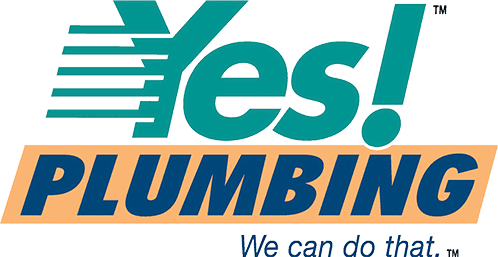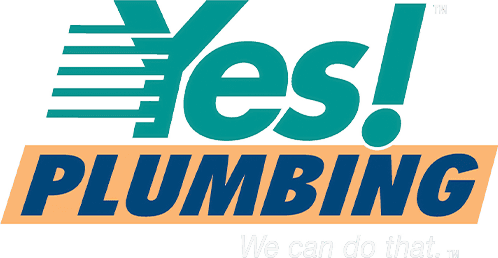So you know what happens when the pipes freeze, right? You get burst water lines, frozen pipes that won’t provide water, flooded walls, water blowing through drywall, and the huge cleanup and repair bills – not to mention the inconvenience of having your water shut off until you get the problem fixed! So what can we do to prepare and prevent?
Frozen Water Lines
Let’s tackle water lines first. You want to look for water lines in outside walls. If you have a plumbing fixture against an outside wall, the water lines should be routed to come up under the fixture, not out of the wall. Open lavatory cabinets and see if the water lines are coming up through the bottom. If not, call a licensed plumber and see if they can be rerouted. If they can’t, make sure they are run up against the inside of the drywall, and insulation with a vapor barrier is placed behind the pipe. Leave a cabinet door open so heat from the house keeps the wall warm when it’s really cold (below 10 degrees) outside. Look around toilets and see if the water line is coming through the floor or from the outside wall. If coming through the wall, to prevent a frozen pipe, follow the same procedure as for the lavatory above. Showers and tubs are usually designed to avoid outside wall water pipe installation, but again, if you see the danger of a pipe freezing up, do the same as instructed above. If you just don’t know, your friendly licensed plumber will be able to help.
Frozen Drain Lines / Drain System
Something that usually causes fewer problems is your drainage system, but there is still a chance your pipes could freeze, and plumbing winterization is still important here. Mobile homes are more susceptible to this problem since the drain lines are exposed under the home and that is usually not a heated space. This problem can be compounded by taking the advice of many homeowners who will tell you to leave a faucet trickling when it is cold. While this is a good idea for the water lines it can cause a steady buildup of ice in the drain line until the drain line clogs and bursts from the pressure of the ice. Any regular home with a shallow drain line can have the same problem when the frost level reaches the depth of the drain. This is very expensive to solve as it requires jetting the line with hot water to melt the ice, and possibly repair of the frozen drain line! Leaky faucets should be repaired or replaced in a timely manner to prevent an accidental drain freeze problem.
Frozen Supply / Service Lines
The last problem to address is frozen water services (the pipes which deliver water from the municipal pipes to your home). With the Polar Vortex threatening again, many fear a repeat of frozen service pipes. This problem needs immediate attention as it can cause an underground valve or water line to burst and will be much harder and much more expensive to repair. Hiring a contractor with the right equipment to thaw the pipes electronically is the only solution (short of digging) for this problem. Pipe thawing equipment (which only works on metallic pipes, by the way) is expensive so the use of it is costly also, but it’s way less than replacing damaged lines! Prevention would involve running a trickle of water to keep higher temp city water from the main pipes running through the pipes but then you have to make sure (see above) that you are not causing another problem in your drain lines. A good flushing a couple times a day with straight hot water until the ground thaws would be in order here.
Winterization is Key!
This winter, you can use Yes! to provide a winterization service for your home. It doesn’t guarantee your pipes won’t freeze, but it is about all you can do to try and prevent them – and 99/100 times does the job! And if anything gets out of control with frozen water lines, burst water lines or frozen water services, frozen drain lines or burst drains or drains clogged with ice, think of Yes! Plumbing as your source of help when you need it. We’re just a phone call away. Phones are answered 24/7 (708) 847-7045.

